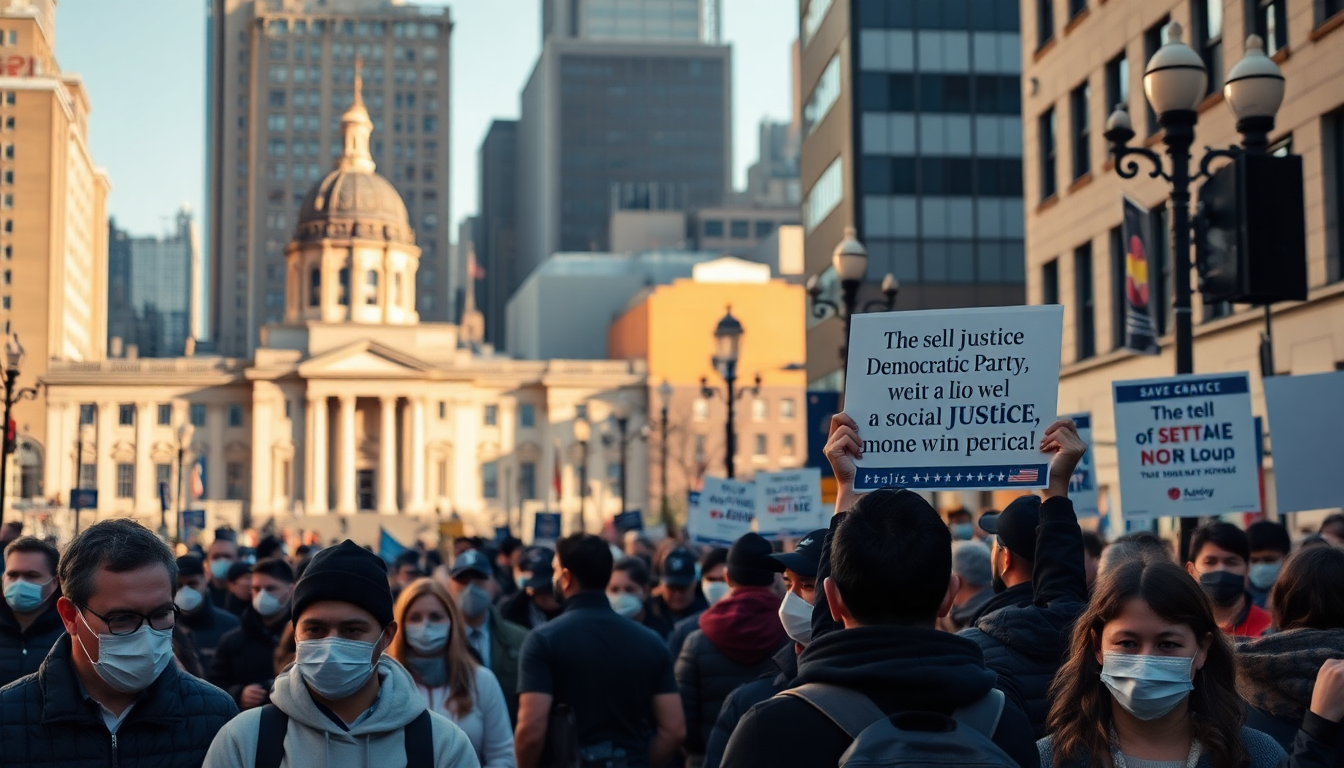Table of Contents
In a recent chat that’s got everyone buzzing, Senator Cory Booker of New Jersey found himself in the hot seat when asked about his support for New York City mayoral candidate Zohran Mamdani. His hesitance to give a clear endorsement, along with his critique of the ‘defund the police’ movement, shines a light on the complicated web of modern political endorsements and what it means for the Democratic Party as a whole.
What’s really going on behind the scenes?
Context of the Interview
In his conversation with CNN’s Manu Raju, Senator Booker was pressed on whether he backs Mamdani, a candidate known for his progressive platform, which includes some pretty controversial views on policing reform.
Instead of giving a straight answer, Booker steered the conversation toward the divisive nature of American politics. He emphasized the importance of unity over division, a message that seems particularly relevant today. But why is he being so cautious, especially after Mamdani’s surprising primary win against heavyweights like former Governor Andrew Cuomo?
Booker voiced a broader concern about political polarization, saying, “The lines that divide us in America are not nearly as strong as the ties that bind us.” This statement hints at a desire to move beyond partisan squabbles and focus on practical governance—a stance that resonates with many voters who are tired of the constant political bickering.
Are we ready for a change?
The Controversial Candidate: Zohran Mamdani
At just 33, Zohran Mamdani has become a household name—not just for his victory in the Democratic primary, but also for his bold critiques of policing policies. His past support for defunding the police has raised eyebrows among party leaders and voters alike.
Some critics argue that such views could alienate moderate Democrats and complicate party unity. Given the rising crime rates, Mamdani’s approach to policing reform is under a microscope. So, what’s the real impact of his views?
This context makes Booker’s hesitance to endorse Mamdani seem like a smart move to protect his political reputation in New Jersey, where he’s focused on supporting local candidates and issues.
He noted, “Let New York politics be New York politics,” which clearly establishes a boundary between his duties as a New Jersey senator and the complexities of New York’s political scene.
Implications for the Democratic Party
Booker’s comments raise some important questions about the future direction of the Democratic Party.
How can they balance progressive ideals with the pressing need for public safety? His point that Newark residents would likely favor increased police presence following the George Floyd incident reflects a significant gap between some progressive ideas and the realities faced by urban residents. Booker emphasizes, “We want safety and security as the fundamental foundation of Maslow’s pyramid,” underscoring the crucial role of police in community safety. But is this perspective too outdated in today’s world?
The conversation around defunding the police has become a crucial test for many Democratic candidates, impacting their chances of winning elections. Mamdani’s recent retraction of his earlier statements on defunding the police, in light of a tragic shooting in Manhattan, is a prime example of how quickly the political landscape can shift, especially for those with controversial stances. What happens when ideals collide with reality?
Conclusion: A Balancing Act in Politics
As the political scene in the United States continues to shift, the challenges faced by candidates like Zohran Mamdani and the responses of established leaders like Cory Booker will be key in shaping future elections. The need for practical governance and a united party will remain central as Democrats aim to connect with a diverse electorate while tackling urgent issues like public safety and restoring trust in law enforcement. How this delicate balancing act unfolds will undoubtedly influence the party’s direction and the outcomes of upcoming elections. Are we ready to see what happens next?





